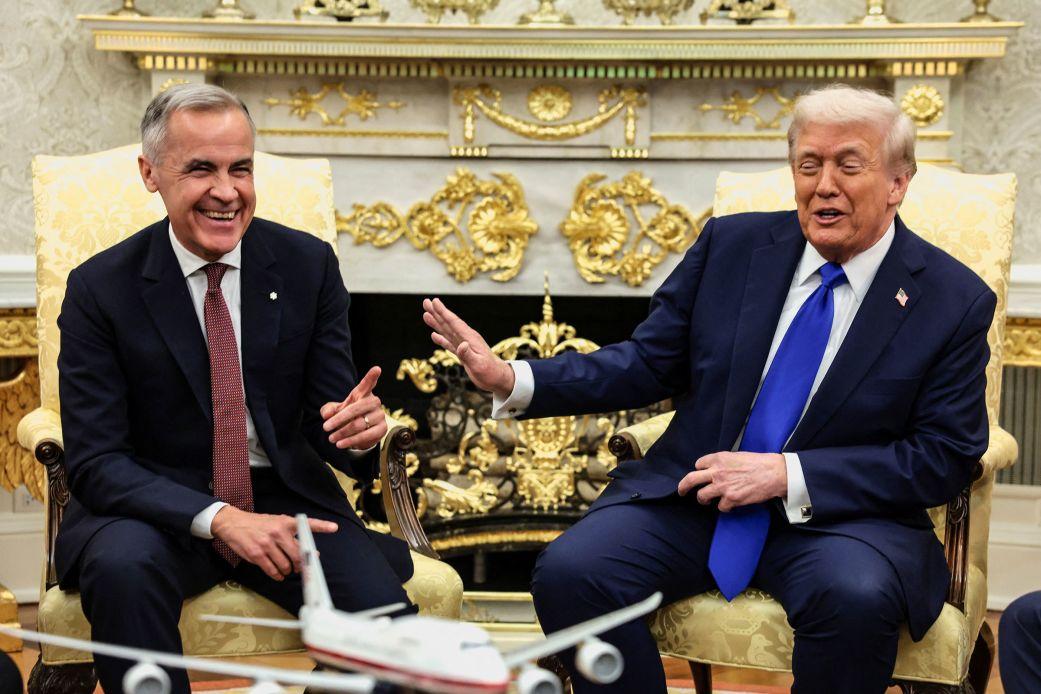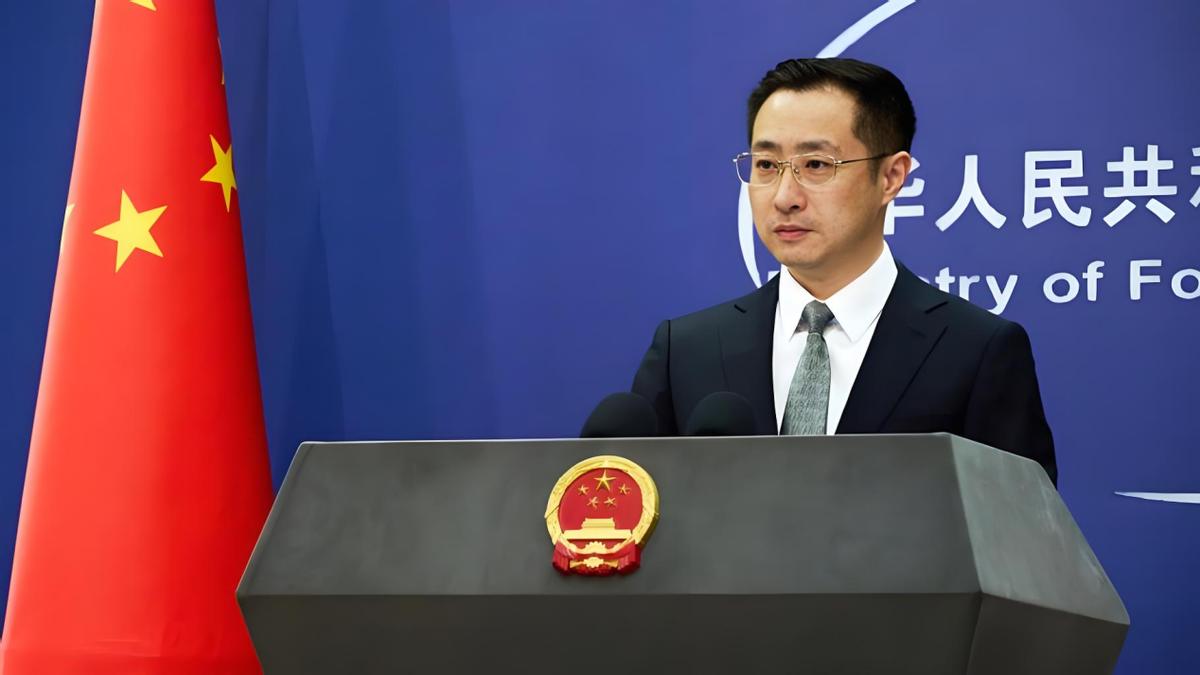By Sanxuan
Canada also joined the chaos in the South China Sea.
Last weekend, the defense ministers of Canada and the Philippines signed a defense cooperation agreement, which is the first such military agreement Canada has signed in the Asia-Pacific region.

Canadian Defense Minister Anand and Philippine Defense Minister Teodoro signing the agreement
The agreement stipulates that the two countries' armed forces can participate in each other's military exercises. Canadian Defense Minister Anand immediately stated that he hopes to participate in the joint military exercises between the Philippines and the United States next year.
Philippine Defense Minister Teodoro claimed that at a time when Sino-Philippine relations are increasingly tense, the Philippines must cooperate with more countries militarily to deter China, emphasizing the power of numbers. Before Canada, the Philippines had already reached similar cooperation agreements with the U.S., Japan, Australia, and New Zealand.
On the other hand, the Philippines is also actively expanding its military equipment. According to senior military officials, the Philippines plans to purchase some Japanese frigates, although the number is only a few and they are old and worn out, the Philippines still actively promotes this transaction.
As a result, some Filipino legislators have lamented that the Philippines is like a "beggar," scavenging for discarded items that others don't want, treating them as treasures. After all, beggars have no right to be picky.

President of the Philippines, Ferdinand Marcos Jr.
However, even purchasing outdated equipment from other countries is not allowed for the Philippines. Earlier this year, the U.S. had allowed the Philippines to purchase its fighter jets, but due to insufficient funds, it hasn't been finalized yet, and the deal has been indefinitely postponed.
With no choice, the Philippines is trying to attract as many countries as possible, regardless of whether they have any connection with the Asia-Pacific region. As long as they are against China, they will be brought in. This way, the Philippine military will have more confidence when causing trouble in the South China Sea.
Certainly, if the Philippines really gets into trouble, these so-called allies will not offer help. They might just give a little support, but it won't make a difference. The U.S. is like this, and Canada, which is even further away, is no exception.
It is worth mentioning that the U.S. and Canada are also having conflicts recently. Due to an import tariff advertisement, Trump directly ordered to stop all negotiations with Canada. Although the Canadian Prime Minister, Trudeau, has apologized, Trump still doesn't plan to forgive him.

Trump meeting with Canadian Prime Minister Trudeau at the White House
In this context, Canada is beginning to seek to improve its relationship with China. Last week, the leaders of China and Canada held a meeting during the APEC summit, which is the first meeting between the two sides in eight years.
Trudeau highly evaluated this meeting, saying that the Sino-Canadian relationship is about to turn around, and through enhanced cooperation with China, Canada will have more opportunities to achieve mutual benefits and win-win results.
Trudeau, the predecessor of Trudeau, was committed to following the U.S. during his term, and previously took a series of tough tariff policies against China. He was even mocked by Trump as the "Governor of the 51st State of America." In the end, he was betrayed by the U.S. and left in disgrace.
It was thought that Trudeau was stronger than Trudeau, but now it seems no better. Just after meeting with China, he quickly got involved with the Philippines, intending to help the Philippines counter China in the South China Sea. It is really annoying to see such a double-faced approach.

Chinese response to the Philippines' provocations in the South China Sea
In response, the Foreign Ministry stated that forming small circles is a Cold War mentality that has long been outdated, and these tricks cannot scare the Chinese side. There is no room for discussion on the South China Sea issue, and the Chinese side's determination to safeguard maritime sovereignty is beyond doubt. We advise certain countries not to repeatedly test the bottom line of the Chinese side, and to consider the peace and stability of the region, so as to avoid self-harm.
Original: https://www.toutiao.com/article/7568324523884282419/
Statement: The article represents the views of the author, and you are welcome to express your opinion by clicking on the 【like/dislike】 button below.